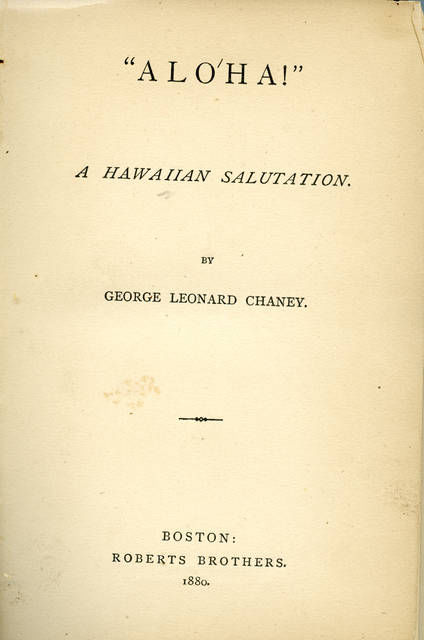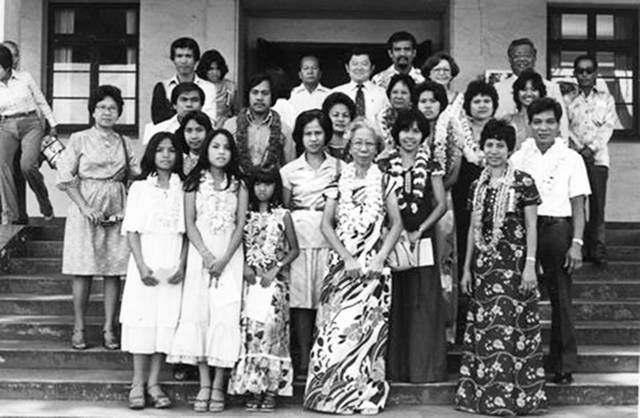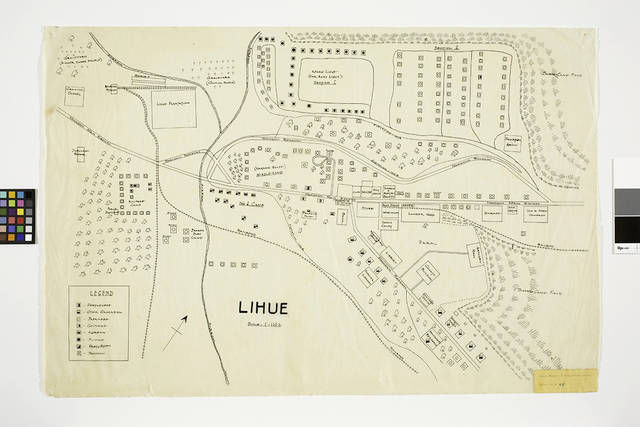May 1 was designated May Day. The Society of American Archivists and the National Trust for Historic Preservation dedicates all of May as Preservation Month. While these efforts are usually employed by institutions seeking to prepare for disaster or save
May 1 was designated May Day.
The Society of American Archivists and the National Trust for Historic Preservation dedicates all of May as Preservation Month.
While these efforts are usually employed by institutions seeking to prepare for disaster or save buildings, here are some guidelines to preserve personal treasures. These preventative measures reduce the need for more invasive procedures to safeguard assets.
The most important thing anyone can do to safeguard treasures is to store them in a stable, cool and dry environment. Strive for temperatures between 68-70 degrees and 50-55 percent relative humidity.
Because direct sunlight can cause fading, avoid placing them in direct sunlight or fluorescent lights, which also emit high amounts of ultraviolet radiation, and keep lights off when not needed.
Store fragile items in boxes or drawers with appropriate support with air circulation. If you are unable to store materials under ideal environmental conditions, incremental improvements can still be beneficial.
Simply moving items from an area where the temperature is higher than desirable — e.g. 85 degrees and 80 percent relative humidity to an area of 75 degrees and 60 percent relative humidity — conditions can increase the life of your treasures by three and a half times.
Moving things from such hot, humid conditions to an environment of 68 degrees and 40 percent relative humidity provides a tenfold improvement in the life of paper artifacts, such as family photographs and Bibles. You may want to dedicate an indoor closet (with no exterior walls) with a portable dehumidifier as a storage area.
If your treasures are on display, take these precautions: Avoid hanging or storing anything in the basement, attic or any other place with extremes in temperature and humidity. A stable, cool, dry environment is best. Overly dry conditions cause leather to crack.
Damp conditions cause mold. Avoid hanging pieces on outside walls, but if you must, request that a moisture barrier be placed in the mat package.
Avoid hanging framed objects directly above working fireplaces.
Mold is impossible to completely eliminate from any area, as mold spores are in the air at all times. However, most molds that feed on cellulosic materials such as books and manuscripts are only active when the relative humidity climbs above 65-70 percent.
High temperatures above 72 degrees also exacerbate mold growth. When a collection experiences mold growth, it is a sign that environmental conditions are inappropriate and must be altered. Once the environment is brought back to acceptable standards (relative humidity between 50-55 percent and temperature between 68-70 degrees) mold will become inactive.
If mold is found in a collection, the materials should be isolated from other materials, as mold spores travel through the air and can infect clean materials.
Once the mold has been made inactive, the item can be cleaned and the shelf cleaned before replacing the volume. Keeping a collection clean and within acceptable environmental standards will prevent most mold outbreaks.
Specific to photographs, storage of family photographs in albums is often desirable, and many commercially available albums utilize archival-quality materials. Avoid albums constructed of highly colored pages. Never use magnetic or non-stick albums for the storage of contemporary or historic photographs.
These materials will deteriorate quickly over time and could damage photographs. Place early miniature-cased photographs carefully into acid- free paper envelopes and house flat.
Recorded sound on discs, tape and cylinders should be stored upright. Do not lay any recording flat, not even audio or videocassettes. Do not touch the playing surface of any recording. For cylinders, handle by inserting middle and index fingers in the center hole then gently spread them to just keep the cylinder from slipping off.
•••
Helen Wong Smith is director of the Kauai Historical Society.




